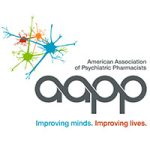Psychiatric medications work to influence mood and thoughts by balancing chemicals in the brain. Like all medications, there is potential for interactions with foods, prescribed medications, and over the counter medications. This can lead to changes in these brain chemicals. A few of these interactions are discussed below because they may negatively impact mental health and should be avoided with psychiatric medications.



